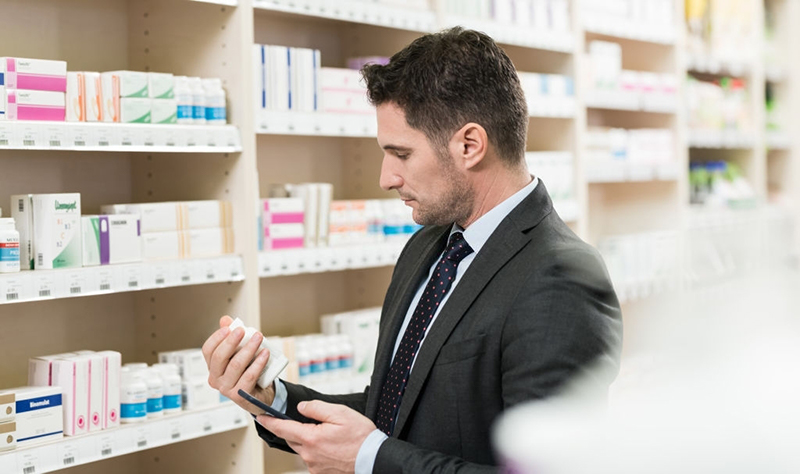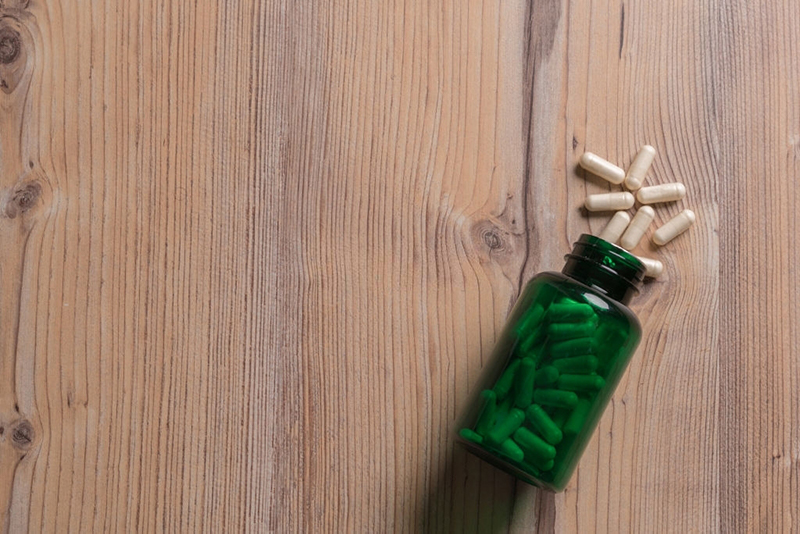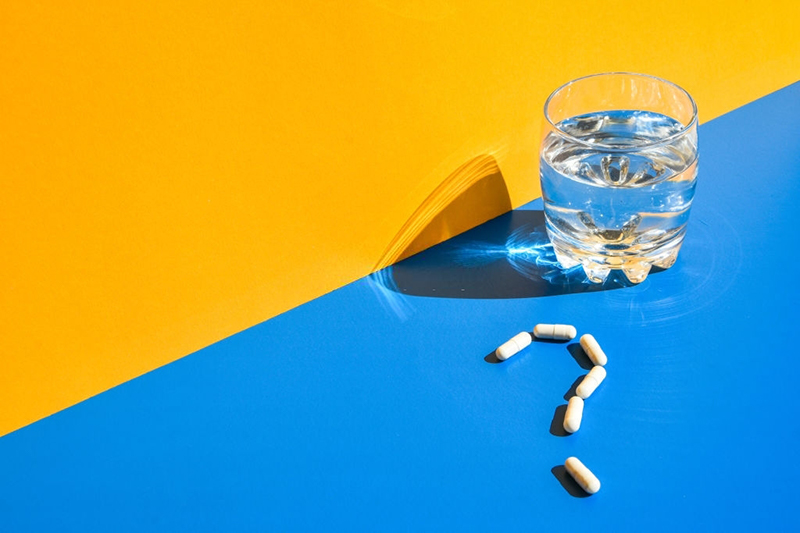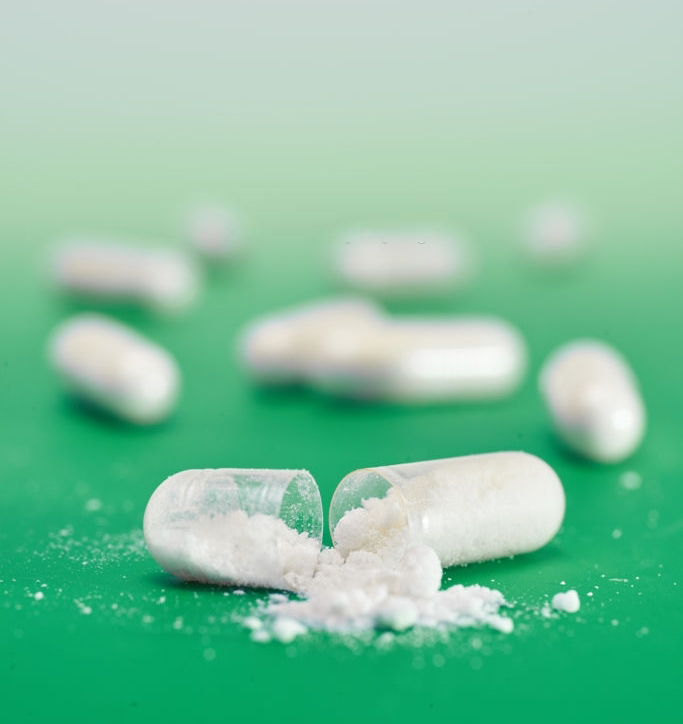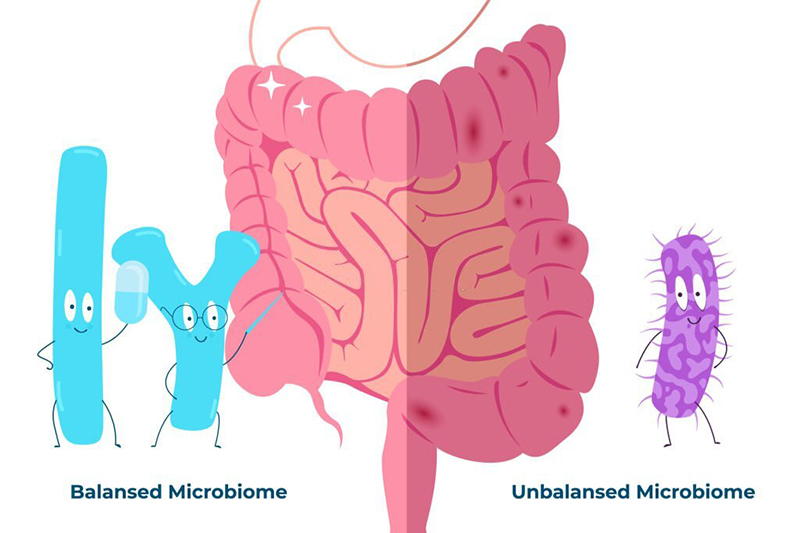Probiotics are wonderful for your gut, but do you need one for your vaginal health as well? Based on current probiotic promotion, you may believe so. Probiotics are found in a wide range of products, from drinks to pills and powders, and are frequently advocated as a way to improve vaginal health. probioticseverything.com probiotic for vaginal health
Dr. Caroline Mitchell, assistant professor of obstetrics, gynecology, and reproductive biology at Harvard Medical School, says that women appear to be paying attention. Probiotic probiotics for the vaginal area are extremely popular. This comprises both probiotic pills and suppository capsules that are inserted via an applicator into the vaginal canal.
However, there is little proof of effectiveness. “Almost no evidence exists that these are beneficial to vaginal health. “Even if they are randomized trials, the studies are typically poorly done and do not follow to stringent reporting criteria,” Dr. Mitchell explains. However, this hasn’t stopped businesses from pushing products with that goal in mind.
While today’s vaginal probiotic products should be considered with a fair dose of skepticism, as scientific knowledge grows, this may alter. Meanwhile, here’s what we know about probiotics and vaginal health – and what we don’t. probioticseverything.com probiotic for vaginal health
Sorting the truth from the myths regarding probiotics
Vaginal probiotics are suggested as a means to improve your vaginal health by introducing live microorganisms. It’s true that, like your digestive tract, your vaginal area is brimming with helpful bacteria and other microbes. When it comes to vaginal health, an imbalance of bacteria inside the vagina is thought to be the cause of some common gynecological problems. According to Dr. Mitchell, most women seek out probiotics to alleviate the discomfort produced by two of these conditions: bacterial vaginosis and yeast infection.
In women of childbearing age, bacterial vaginosis is the most prevalent vaginal infection. The problem is linked to an overgrowth of hazardous germs (such as Gardnerella vaginalis or Prevotella) that outnumber better varieties of vaginal bacteria, including a common bacterium called Lactobacillus, according to doctors. probioticseverything.com probiotic for vaginal health
A vaginal yeast infection can also be caused by a vaginal imbalance. However, in this case, the issue is a fungus called Candida, which has taken over good microorganisms. Candida can live in the vaginal environment without causing problems, but if it outnumbers other microbes, it can cause problems. probioticseverything.com probiotic for vaginal health
“At least in theory,” adds Dr. Mitchell, “there are certain women who could benefit from probiotics.” Women suffering bacterial vaginosis or yeast infections are among them. When it comes to recurrent bacterial vaginosis, for example, it’s thought that introducing more beneficial lactobacilli could defend against dangerous organism proliferation and therefore reduce recurrent infections. However, according to Dr. Mitchell, proof is inadequate. A probiotic may be useful if that notion is proven to be correct, but no one knows for sure. It’s also unclear whether taking a probiotic orally will assist the vaginal health. probioticseverything.com probiotic for vaginal health
There are still some unanswered questions about vaginal yeast infection. “Yeast and lactobacilli coexist harmoniously in the vaginal canal, but lactobacilli can kill yeast in the laboratory,” explains Dr. Mitchell. As a result, consuming probiotics isn’t a scientifically sound technique because real-life situations differ from what happens in the lab.
Antibiotics and antifungal medications are now the only proven therapies for bacterial vaginosis and yeast infection, according to Dr. Mitchell. probioticseverything.com probiotic for vaginal health
Frustration leads to a solution.
However, some women do not react to typical therapies and have recurring difficulties for which they are looking for alternatives. According to Dr. Mitchell, some of the women she’s met are experimenting with not only probiotic pills but also alternative treatments they’ve discovered on the internet. In order to promote good bacteria, they use yogurt-soaked tampons, tea tree oil, and even garlic cloves in their vaginal canals. She claims that these solutions are not only ineffectual, but also dangerous. probioticseverything.com probiotic for vaginal health
“It’s true that allicin, a component of garlic, has been found to kill yeast in the lab. “However, you can’t put enough garlic cloves in your vagina — or consume enough garlic capsules — to produce the same effect,” Dr. Mitchell explains. Tea tree oil has no proven benefits and can irritate the skin. Tampons laced with yogurt are also ineffective. Lactobacillus bacteria are available in many probiotic pills and most yogurts, but they aren’t the same as the Lactobacillus bacteria found in your vaginal area. The most common species discovered in the vagina are L. crispatus and L. iners. Other species, like as L. rhamnosus or L. acidophilus, are more abundant in the gut and are found in most probiotics and yogurt. probioticseverything.com probiotic for vaginal health
Is it beneficial or harmful?
There is also insufficient evidence to determine whether utilizing probiotics to introduce new bacteria causes more damage than beneficial. When participants were given a probiotic after antibiotic treatment, their normal gut flora took longer to recover than the gut bacteria of people who didn’t take the probiotic, according to a study published in the journal Cell in September 2018. probioticseverything.com probiotic for vaginal health
“Overall, I tell them, vaginal probiotics are definitely a waste of money,” Dr. Mitchell explains. “However, if you’re going to pick one and really want to try one, Lactobacillus rhamnosus GR-1-containing probiotics appear to show some effect in studies.”
Keep in mind that, unlike pharmaceuticals, supplements are not regulated by the FDA. “Studies have shown that when these items are cultured, they typically don’t have as much of what is on the label as claimed, if they contain anything at all,” adds Dr. Mitchell. Some supplements have also been discovered to contain potentially harmful pollutants, according to the FDA.


